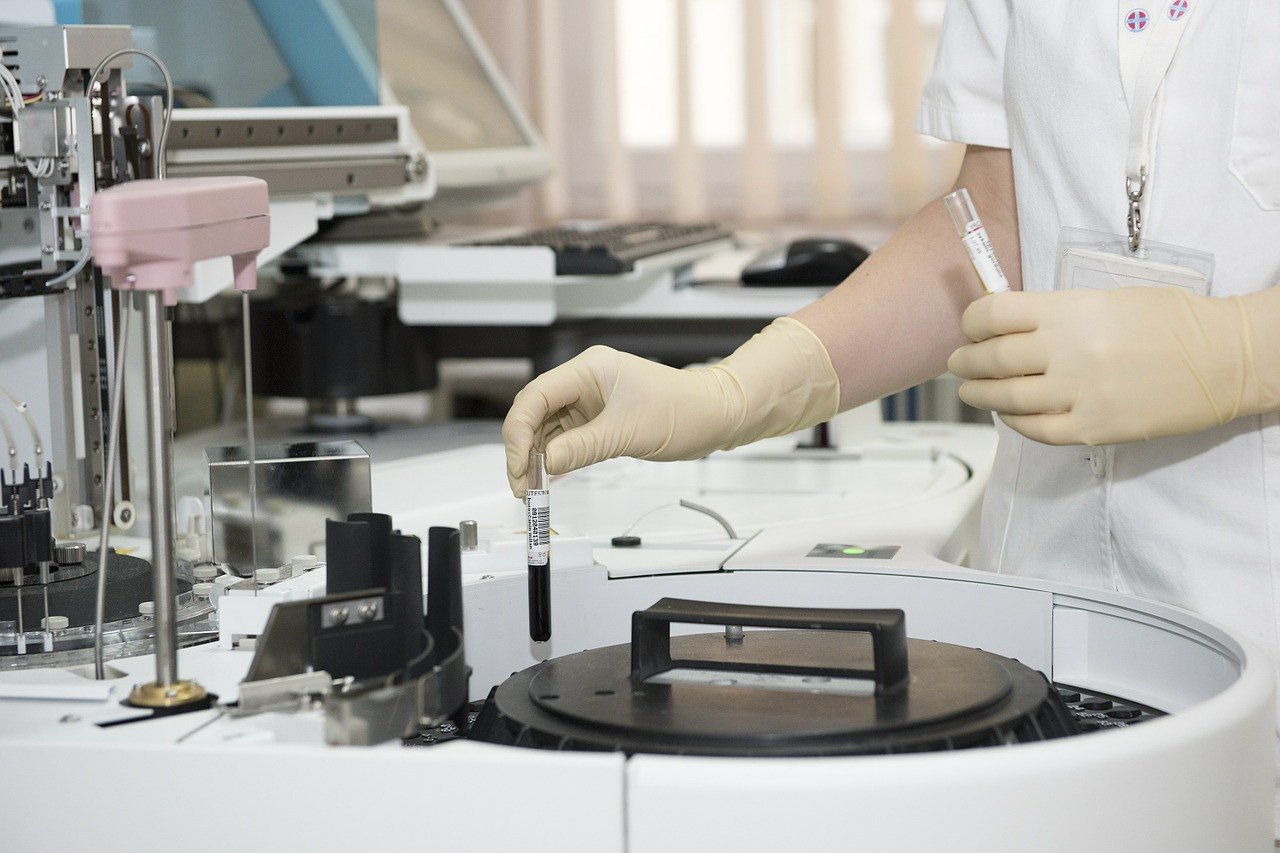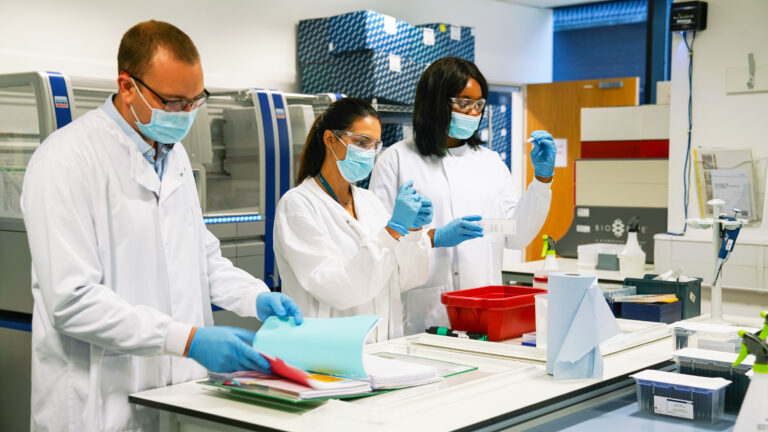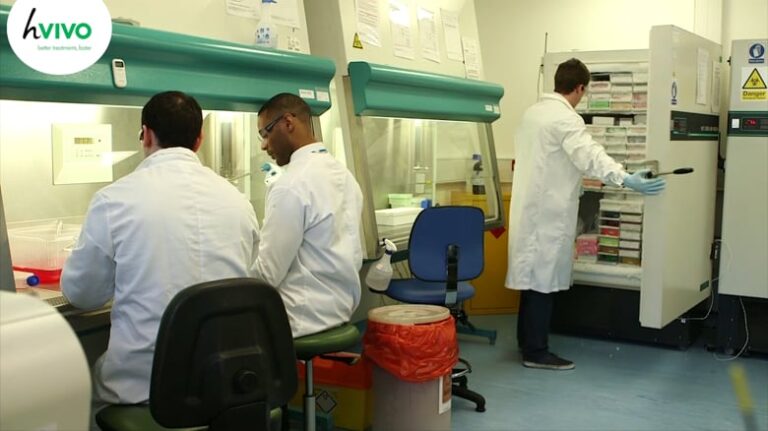Open Orphan plc (LON:ORPH), a rapidly growing specialist CRO pharmaceutical services company which is the world leader in the testing of vaccines and antivirals using human challenge study models has announced that the results of a randomised, placebo-controlled, double-blind, phase 1 trial of AGS-v have been published in The Lancet. AGS-v has been developed by Imutex Limited, in which Open Orphan owns a 49% stake in conjunction with the SEEK Group.
Highlights:
· The first trial of AGS-v, a first-in-class “mosquito saliva vaccine” in humans
· The trial indicated that the vaccine is safe and induces a strong immune response in healthy volunteers
· These positive findings suggest that AGS-v is now ready to advance to Phase II
Numerous studies have shown that protection from diseases carried in saliva is possible if you alter the immune response to saliva. Using natural saliva to achieve this not viable. AGS-v is designed as a transformational vaccine, the first ever mosquito synthetic saliva vaccine designed in to protect against mosquito-borne diseases carried in the saliva such as Zika, Malaria, Dengue Fever, West Nile Virus etc. AGS-v is designed to provoke an immune response against mosquito saliva, rather than any specific parasites, viruses, or bacteria the mosquito might transmit making it an important tool in the fight against mosquito-borne diseases.
In the new study published in The Lancet, NIAID scientists describe the results of the Phase 1 trial of the vaccine as “encouraging and worthy of further study”.
The Trial Results
The double-blind study, which began in 2017 at the NIH Clinical Center in Bethesda, Maryland, was the first trial of this so-called “mosquito saliva vaccine” in humans.
The volunteers’ blood tests showed that the vaccine in combination with the adjuvant produced a significant immune response to mosquito salivary peptides. Further, this immune response was not accompanied by a worse reaction to mosquito bites.
The study’s results are promising and suggest that further research to test the vaccine’s efficacy against individual pathogens, followed by larger field studies, would be worthwhile. A widely available “universal” vaccine could provide protection against emerging and re-emerging mosquito-borne diseases as they arise, allowing public health officials to quickly respond to new outbreaks and epidemics without waiting for new treatments or vaccines to be developed.
Cathal Friel, Executive Chairman of Open Orphan, said:
“We are delighted with the results of this very important and successful trial of Imutex’s universal vaccine for mosquito-borne diseases. This further confirms and reinforces our belief that our 49% shareholding in Imutex has a lot of unrealised potential value and we look forward to working closely with Gregory Stoloff and his team in SEEK to see how we can commercialise and monetise the true value of Imutex over the coming months.”
Gregory Stoloff, Chief Executive Office, Imutex Ltd, said:
“We all know too well today the cost of pandemics to society and mosquitoes have been causing these problems for many countries for too long. It has been known for some time that injecting saliva in a particular way from an insect provides protection from the disease carried in that saliva. Harvesting natural saliva however, was not practical. We are very excited that our synthetic made saliva produced an immune response and was safe in humans. This makes a vaccine that can protect people against so many diseases that plague the world, a step closer to reality. We are excited that we now are a step closer to making a vaccine that could deal with these issues.”








































